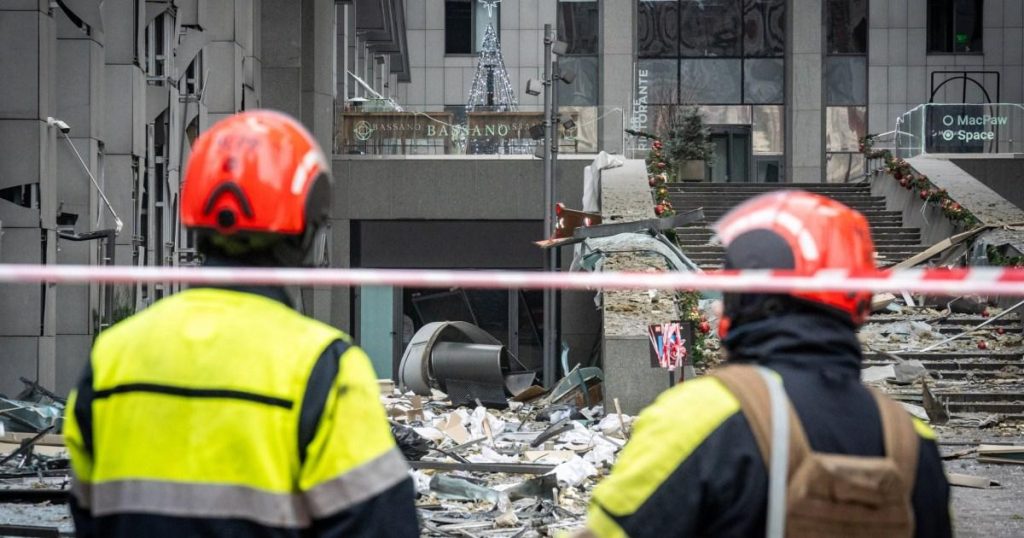Slovakia’s Potential Role as a Mediator in the Russia-Ukraine War
The ongoing conflict between Russia and Ukraine, now approaching its third year, has caused immense devastation and suffering. While international efforts to mediate a peaceful resolution have yielded limited results, a new potential avenue for negotiation has emerged through Slovakia. Following a meeting between Russian President Vladimir Putin and Slovakian Prime Minister Robert Fico in Moscow, Putin expressed his openness to Slovakia hosting future peace talks. This development stems from Slovakia’s perceived neutrality in the conflict and Fico’s pursuit of amicable relations with Russia.
Slovakia, a member of the European Union bordering Ukraine, has historically provided military aid to Ukraine. However, since Fico’s appointment as prime minister, this aid has been halted, signaling a shift in Slovakia’s stance. Fico, like Hungarian Prime Minister Viktor Orbán, has been a vocal critic of the EU’s support for Ukraine and has actively sought to improve relations with Russia. This positioning has led some to view Slovakia as a potential bridge between the warring parties.
While Putin’s endorsement of Slovakia as a venue for talks represents a glimmer of hope, the path to peace remains fraught with challenges. Deep-seated mistrust and significant disagreements on core issues continue to hinder progress. Ukraine’s insistence on the restoration of its territorial integrity, including Crimea, clashes with Russia’s refusal to cede control. Furthermore, the issue of war crime accountability and reparations poses a substantial hurdle to any negotiated settlement.
The complexities are further compounded by the involvement of various international actors, each with their own interests and agendas. The United States and NATO’s commitment to supporting Ukraine, alongside the EU’s imposition of sanctions on Russia, adds layers of complexity to the diplomatic landscape. Any successful peace process must navigate these intricate relationships and address the concerns of all stakeholders.
Should Slovakia host peace talks, the success of such an endeavor hinges on several factors. Firstly, a genuine commitment from both Russia and Ukraine to engage in good-faith negotiations is paramount. This requires a willingness to compromise and a shared understanding that a negotiated settlement is the only viable path to ending the conflict.
Secondly, impartial mediation will be crucial. Slovakia’s perceived neutrality could be an asset in this regard, but it must be carefully managed. Fico’s stance on the conflict will be closely scrutinized, and any perception of bias could undermine the credibility of the process. A neutral third-party mediator, perhaps under the auspices of the United Nations or another international organization, could enhance the prospects of a successful outcome.
Thirdly, the international community must play a supportive role. This includes providing diplomatic and financial assistance to facilitate the talks, as well as ensuring that any agreements reached are implemented and monitored effectively. Consistent international pressure on both Russia and Ukraine to adhere to the terms of a peace deal is essential.
The possibility of Slovakia hosting future peace talks offers a potential pathway towards ending the devastating war in Ukraine. However, the road to peace is long and arduous, requiring genuine commitment, skillful mediation, and unwavering international support. The international community must seize this opportunity and work tirelessly to achieve a lasting and just resolution to the conflict. The alternative – continued bloodshed and displacement – is simply unacceptable.


